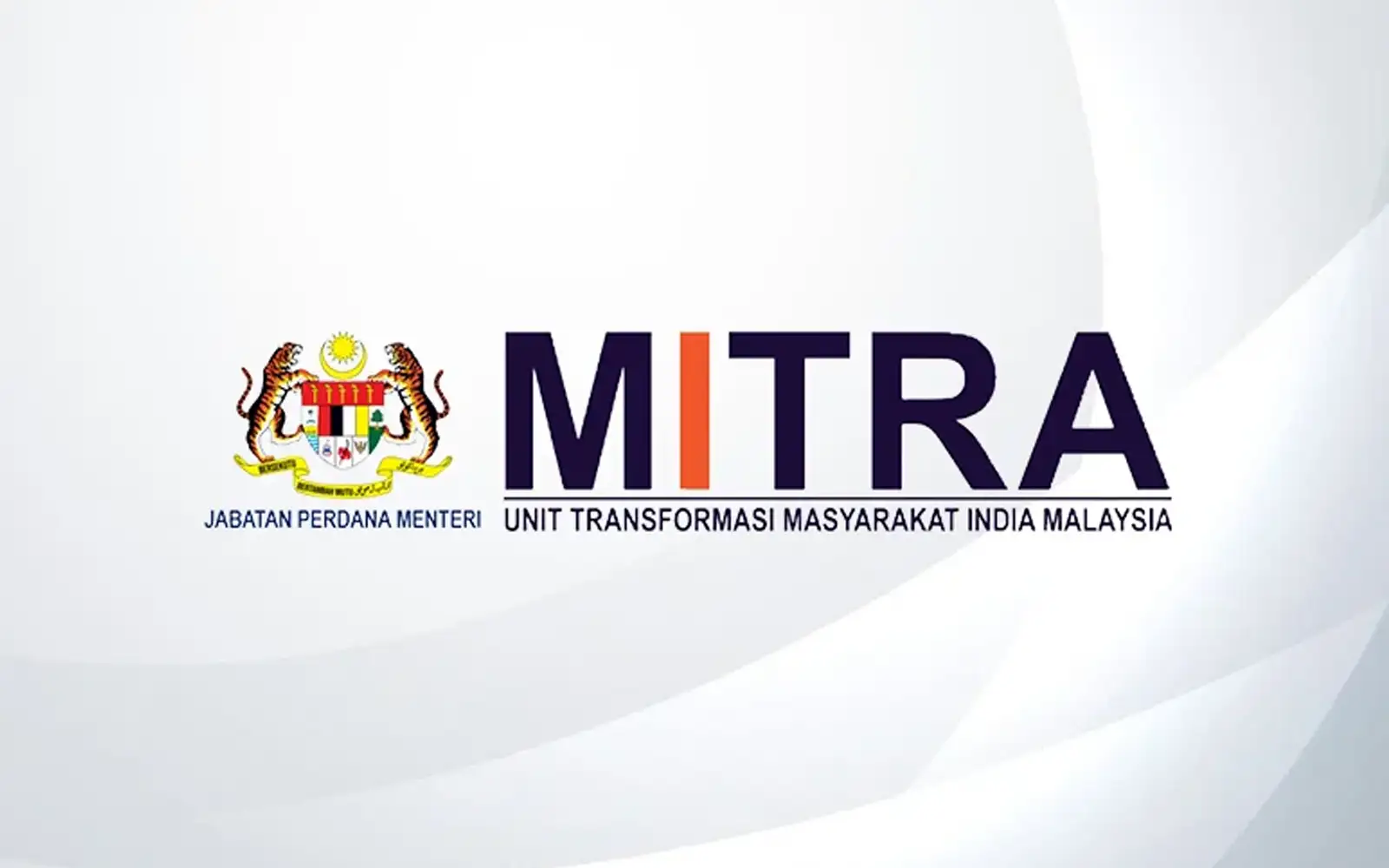
From Denison Jayasooria
In recent days, social media has been full of video clips on the Malaysian Indian Transformation Unit (Mitra) and the differing points of view among both elected MPs and appointed senators. There is a need for caution, especially as all the elected MPs and senators are from the current unity government.
Public attacks among ministers are rare and they often refrain from open conflicts in public, although they might have their differences. Furthermore, discussions in closed-door meetings are often confidential and therefore difficult to be verified by the public.
As such, when certain parties make disclosures of conversations and details discussed in those meetings, that is often regarded as not professional practice.
The efforts by the various governments and prime ministers since 2008 in addressing Indian concerns as national concerns through a Cabinet committee and other specific purpose institutions have been noble.
Over the years, one major drawback of the Malaysian Indian community has been the inability, especially of the political leadership, to work together to manage the institution now called Mitra.
When MPs from the government party and opposition differed in the pre-2018 elections, there were open conflicts. Then when the government changed in 2018, the MPs from within the government party also disagreed publicly on how it should be managed.
Today, when all the 11 elected MPs and six of the seven appointed senators are from the unity government, there is still open disagreements on who and how it should be managed.
This is after 16 years since the establishment of the Cabinet committee in 2008 and six years after the Socioeconomic Development of Indian Community (Sedic) was rebranded as Mitra in 2018.
Instead of these conflicts among MPs on who should lead and where Mitra should be placed, there is a need to address the most critical concerns: in the past 16 years, has there been any real socio-economic impact on the Malaysian Indian poor and the B40 community? Have there been any policy-level changes?
There is no public report or documents on any of these initiatives and activities between 2008 and 2024.
Over the years, what and how much funds have been given and what programmes have been undertaken? What are the achievements, challenges and best practices? Should Mitra continue with its past approaches or should there be new initiatives?
No written report on any of these most critical and urgent questions is available in the public domain.
The 2023 disbursement of RM100 million is well-listed on the Mitra website in categories, namely to whom it was given, the purpose, and the amount. There is, however, no information on who these organisations are. There are also no impact assessment reports or case studies of best practices in previous years.
In this context, Mitra must produce an annual report moving forward. The year 2023 marked a good start after the unity government took over. This could be documented and published: how were the 2023 funds disbursed, to whom and for what purpose? Who are these organisations or individuals?
The standard operating procedure for the grants must also be the focus of the MPs’ oversight for better due diligence. The Mitra website now displays this. This is good practice for transparency and accountability.
There are other organisations in Malaysia that provide grants for socio-economic development. One key example is Yayasan Hasanah, which also receives RM100 million from the government annually. The funds are very well managed and start at RM50,000, leading to much higher grants when the receiving organisations can demonstrate their capacity to deliver and their impact for change among the target groups.
The decision to shift Mitra from the Prime Minister’s Department to the national unity ministry was the prime minister’s decision. Likewise, the appointment of the chair of Mitra was also by the prime minister.
We might each have our personal views and choices. Most often, MPs from the prime minister’s party and from within the unity government have access to the prime minister to express their views before the public announcement is made.
However, once an announcement is made by the prime minister, our best option is to make best use of the mechanism available for the benefit of the Malaysian Indian community. Open conflicts create further distrust towards Mitra and portray a very negative image.
The challenge for the 11 MPs and the six senators all within the unity government is to set aside their individual differences. Seek a pathway of mediation and reconciliation.
The two key leaders are in the unity government, in this case, deputy national unity minister K Saraswathy and appointed Mitra chair and the MP for Batu, P Prabakaran. Both feel hurt over the statements made, but for the best interest of the community, please find a way to resolve this amicably.
If the two leaders are unable to bring the 15 others to a middle path, how are we going to resolve the huge task of addressing Indian urban poverty, inequality, and disadvantage? This to me is the biggest challenge for the current leaders.
Be magnanimous in your leadership, be humble and forgiving. In the long run, you will find the answers to the social mobility and social cohesion issues of the Indian community. - FMT
Denison Jayasooria is a sociologist at Universiti Kebangsaan Malaysia.
The views expressed are those of the writer and do not necessarily reflect those of MMKtT.



No comments:
Post a Comment
Note: Only a member of this blog may post a comment.